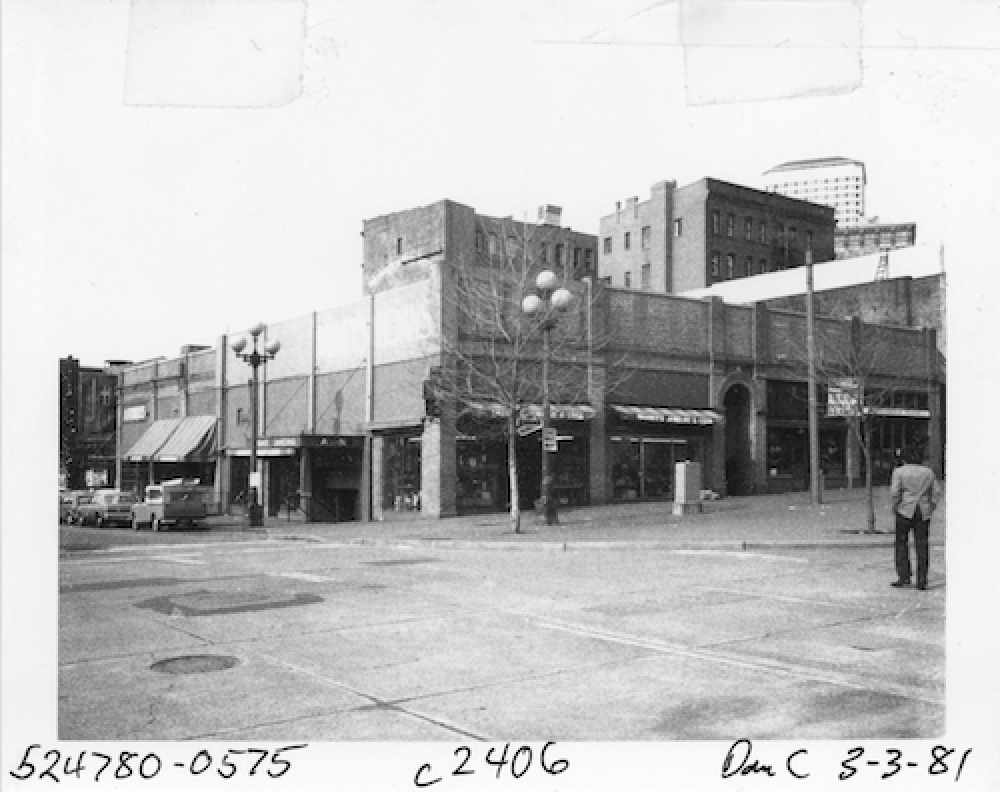Literary Event of the Week: Casino: A Palimpsest

I’ve lost count of the number of times I’ve seen Storme Webber read at Seattle literary events. In person, she is an explosion: her poetry is a performance with real drama to it, and the prose is meticulously crafted, as though carved into stone. If you just scanned literary calendar listings, you could make the mistake of believing Webber to be just another poet, endlessly anthologized in group readings around town.
But Webber has another side that you might not see if you only attend readings. Her poetry can’t be constrained to just the page or the stage. Webber is interested in pitting history against the present in complex ways, in giving voice to the people who have been steamrolled by the bureaucrats who approve the history books, in examining the way that stories get repeated and forgotten and intentionally erased.
In recent years, Webber has combined performance with prose and visual art in an experimental site-specific project called Noirish Lesbiana, an attempt to bring light to the forgotten lesbian culture in and around Pioneer Square in the 1960s. “The focus is on my lesbian-headed family of mixblood Alutiiq Natives, and the communities, struggles and strengths that shaped their lives,” Webber writes on her website. “I am the storyteller, the second generation Black Alutiiq Two Spirit daughterartist.”
This month, Webber unveils what might be her most ambitious project to date. At the Frye Art Museum, she’s headlining a show — her first work in a museum — titled Casino: A Palimpsest. Casino continues with the work that Noirish Lesbiana began: it’s a history of one of the first gay bars on the west coast, the Casino.
In the early days of the city, Pioneer Square was where the freaks and outsiders went to be left alone, and the Casino — located near 2nd Avenue, where you’ll find Sounders fans twirling their scarves these days — was where they went to feel a sense of belonging. Webber’s own family found stability at the Casino. And the stories that played out in that space have never been told to enraptured tourists on the Underground Tour. Through photographs and performances and writing and workshops during the life of the show, Webber will use Casino to rewrite the erased history of the Casino.
But the title of the show is a warning: a palimpsest is a piece of writing that has been recorded on the place where another piece of writing has been erased. Random parts of the original show through, interacting with the newer manuscript in complex ways. Webber is not promising to revive the past, whole and undiluted. Those stories have been wiped out. The best she can do is tell the story as best she can, and hope that echoes of those lost stories make themselves known in her work. What’s past is gone; we can’t resurrect history, we can only hope to collaborate with it.